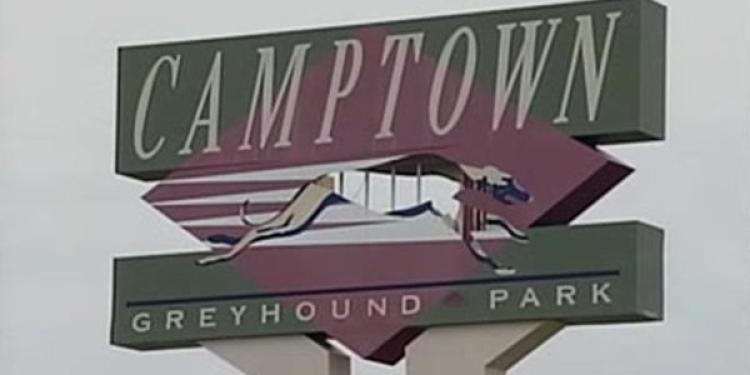Dog Racing Track in Kansas May be Converted into Casino in the Near Future
Posted: July 8, 2014
Updated: October 4, 2017

Camptown Greyhound Park in Frontenac, Kansas, which used to be a dog racing tack, may become a casino next year, according to a lobbyist, having some advantage in front of other plans for building casinos in the state, as per Associated Press.
The situation with developing gambling facilities in the state drastically changed as the new legislation was just introduced, complying with the general US gambling laws – lower investment required for a prospective southeast Kansas casino developer, which used to be $225 million, and is now $50 million, as well as lower fee, which state charges to developers from $25 million to $5.5 million.
Past occupancy
Former dog racing track may be transformed into casino in Kansas
• This is possible thanks to the change in the monetary parameters required by the state, which casino developers have to fulfill
• The new casino can be developed in less than a year if given green light
• It is expected to be a huge economic boost in a rather poor area
A state law from 2007 allows for only one casino in the area of Kansas City, southeast Kansas, Dodge City and Wichita, but so far there was no single project that succeeded in filling the spot, mainly due to the impossibly high amount of money, which the state of Kansas required as primary investment in a casino complex.
Therefore, with the change in the law, Camptown Greyhound Park seems like a very possible location for the potential new casino. This site was a serious $14 million project, which began its operation in 1995, but it only featured live dog races for less than half a year, before a bankruptcy, which was filed in 1996.
Two from the initial investors bought it for $3 million two years later and then sold it in 2000 to Phil Ruffin, who also owns the Wichita Greyhound Park and couple of other casinos.
However, according to Associated Press, Ruffin also didn’t fulfill his plan to develop casino there, as he couldn’t get the state to lower the required initial investment and also the % of return on the same investment.
The potential of the project
George Wingert, slot machines’ lobbyist and also former lawmaker from Ottawa, gave a tour of Camptown to state Representative Julie Menghini and Crawford County’s tourism director, explaining to them what are Ruffin’s plans for developing the space.
Wingert explained for the gambling news, that if the Lottery Commission approves the project, “the track at the park no longer would be used for greyhound racing.” The main idea for the area is to be transformed into an arena for grand shows and concerts and the planned casino would work 24/7.
Special state study, which was conducted in the past offered very optimistic figures, saying that Camptown can generate revenue of $46 million in its first year and $10 million extra in its second year.
For comparison, the monthly revenues of other three state-owned casinos are $15.3 million for the Kansas Star Casino in Mulvane, $11.6 million for the Hollywood Casino in Kansas City and $3.5 million for the Boot Hill Casino in Dodge City.
Naturally, in addition to the expected revenue, the county officials also envision the proposed casino as a huge positive economic factor and job provider in the area, which is one of the poorest in the state.
Wingert predicted that the new gambling facility may be ready and in operation in less than a year. Carl Wood, County Commissioner,commented that time frame, based on what he was presented, would be “leaps and bounds” in front of anyone else, who wants to build a casino from scratch. He added that: “it’s a no-brainer.”
The deadline for applications to the state Lottery Commission for permission to develop casino in southeast Kansas is in December when it will be known how the gambling issue will evolve in this state.












